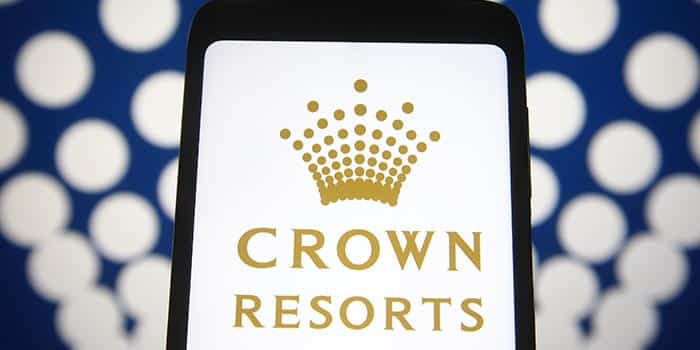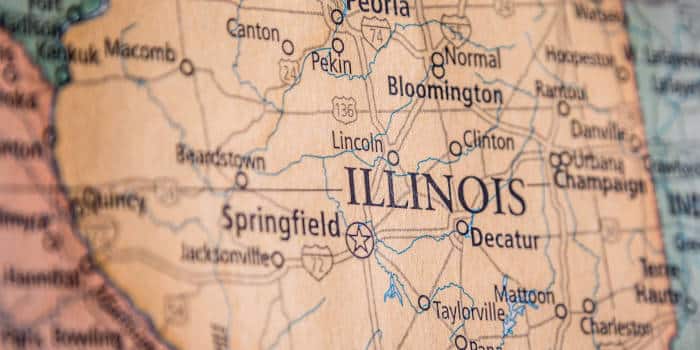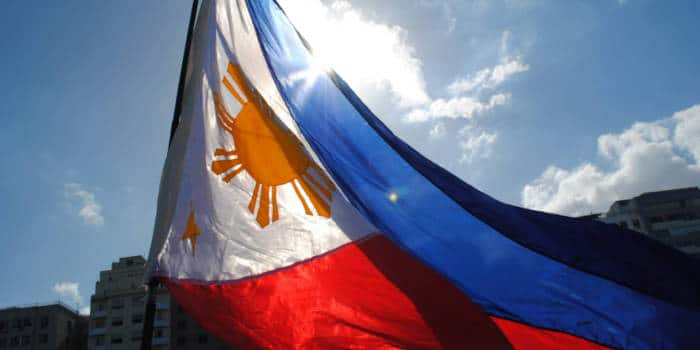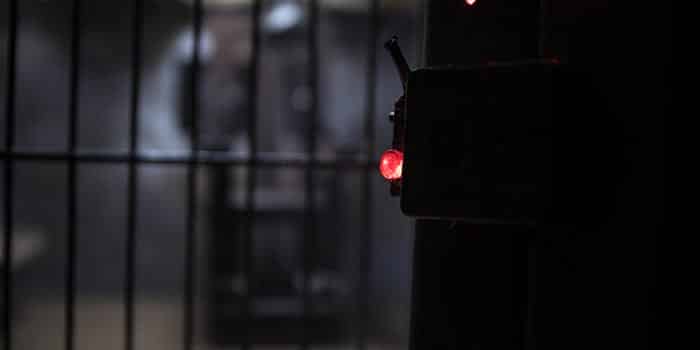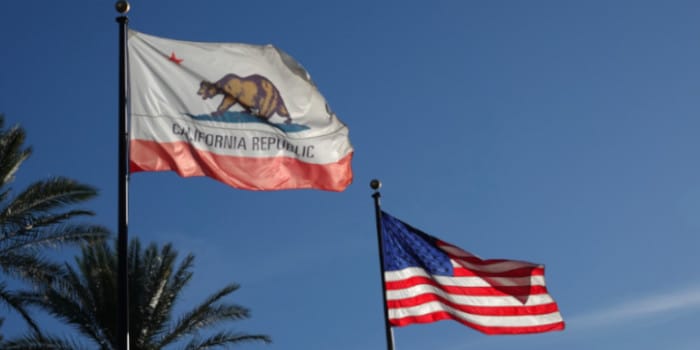- Casino
- By State
- Alabama
- Alaska
- Arizona
- Arkansas
- California
- Colorado
- Connecticut
- Delaware
- Georgia
- Florida
- Hawaii
- Idaho
- Illinois
- Indiana
- Iowa
- Kansas
- Kentucky
- Louisiana
- Maine
- Massachusetts
- Maryland
- Michigan
- Minnesota
- Mississippi
- Missouri
- Montana
- Nebraska
- Nevada
- New Hampshire
- New Jersey
- New Mexico
- New York
- North Carolina
- North Dakota
- Ohio
- Oklahoma
- Oregon
- Pennsylvania
- Rhode Island
- South Carolina
- South Dakota
- Tennessee
- Texas
- Utah
- Vermont
- Virginia
- Washington
- West Virginia
- Wisconsin
- Wyoming
- By State
- Slots
- Poker
- Sports
- Esports
Tribal Casino Payments to Michigan Mark Decrease in 2023
The payments by tribal operators to local revenue sharing boards and local state government units in 2023 marked a slight 1.4% decrease year-over-year
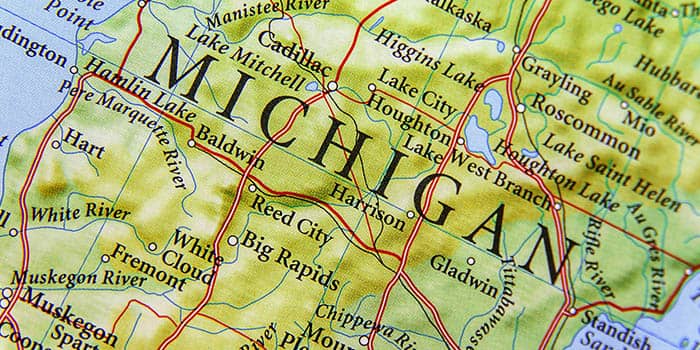
Currently, tribal operators represent an important part of the gambling market in Michigan. The state has established gaming compacts with 12 federally recognized Native American tribes, which operate a total of 23 land-based class III tribal casinos. The 23 casinos represent the majority of the sector in Michigan, considering that the only three commercial venues are located in Detroit.
Under the existing compacts between Michigan and the tribes, the operators are required to remit 2% of their net win for the year to local revenue sharing boards or local units of state government. Now, judging by a newly released report by the state gambling regulator, the Michigan Gaming Control Board (MGCB), the total revenue paid by tribal operators for last year marked a slight decrease year-over-year.
For 2022, tribal operators’ payments to local state government units and local revenue sharing boards hit $30,804,516. In contrast, for 2023, a decrease of nearly 1.4% is observed, considering that the tribal casino payments halted at $30,384,354.
Majority of the Tribes Post Increase in Payments
| Tribe | 2023 Amount | 2022 Amount | Percentage Change |
|---|---|---|---|
| Bay Mills Indian Community | $379,020 | $329,502 | +15.07% |
| Grand Traverse Band of Ottawa and Chippewa Indians | $1,415,317 | $1,344,666 | +5.25% |
| Hannahville Indian Community | $1,236,883 | $1,192,758 | +3.69% |
| Keweenaw Bay Indian Community | $715,994 | $725,721 | -1.34% |
| Lac Vieux Desert Band of Lake Superior Chippewa Indians | $269,644 | $273,875 | -1.54% |
| Saginaw Chippewa Indian Tribe | $6,592,460 | $6,916,589 | -4.68% |
| Sault Ste. Marie Tribe of Chippewa Indians | $1,606,102 | $1,364,104 | +17.73% |
| Little River Band of Ottawa Indians | $1,537,162 | $1,498,279 | +2.59% |
| Little Traverse Bay Bands of Odawa Indians | $1,154,910 | $1,112,296 | +3.83% |
| Nottawaseppi Huron Band of the Potawatomi | $6,254,876 | $6,196,103 | +0.95% |
| Pokagon Band of Potawatomi Indians | $4,910,664 | $5,578,183 | -11.96% |
| Match-E-Be-Nash-She-Wish Band of Pottawatomi Indians | $4,311,322 | $4,272,440 | +0.91% |
| Total | $30,384,354 | $30,804,516 | -1.36% |
The MGCB uncovered details regarding the payment for each tribal operator. We compared the data released by the regulator year-over-year, highlighting changes in the amounts reported by each operator.
Despite the overall decrease in the tribal contributions year-over-year, a majority of the tribes posted an increase in their payments for 2023 compared to 2022. The biggest increase was reported by the Sault Ste. Marie Tribe of Chippewa Indians, which recorded an uptick of nearly 18% in the amount paid for last year. Similarly, Bay Mills Indian Community’s contributions increased by 15% to $379,020 for last year.
In contrast to the increases, the Keweenaw Bay Indian Community, Lac Vieux Desert Band of Lake Superior Chippewa Indians, the Saginaw Chippewa Indian Tribe and the Pokagon Band of Potawatomi Indians reported decreases in their payments to local state government units and local revenue sharing boards in 2023.
Related Topics:
Jerome brings a wealth of journalistic experience within the iGaming sector. His interest in the industry began after graduating from college, where he regularly participated in local poker tournaments. This exposure led him to the growing popularity of online poker and casino rooms. Jerome now channels all the knowledge he's accrued to fuel his passion for journalism, providing our team with the latest scoops online.
Must Read
More Articles




Lottery
July 18, 2025
Man Wins $1M from 2 Powerball Tickets

Industry
July 18, 2025
Carnival Corporation Becomes Member of AGA

Casino
July 18, 2025
Evolution on Q2 Results: “2025 Will Be a Great Year”




